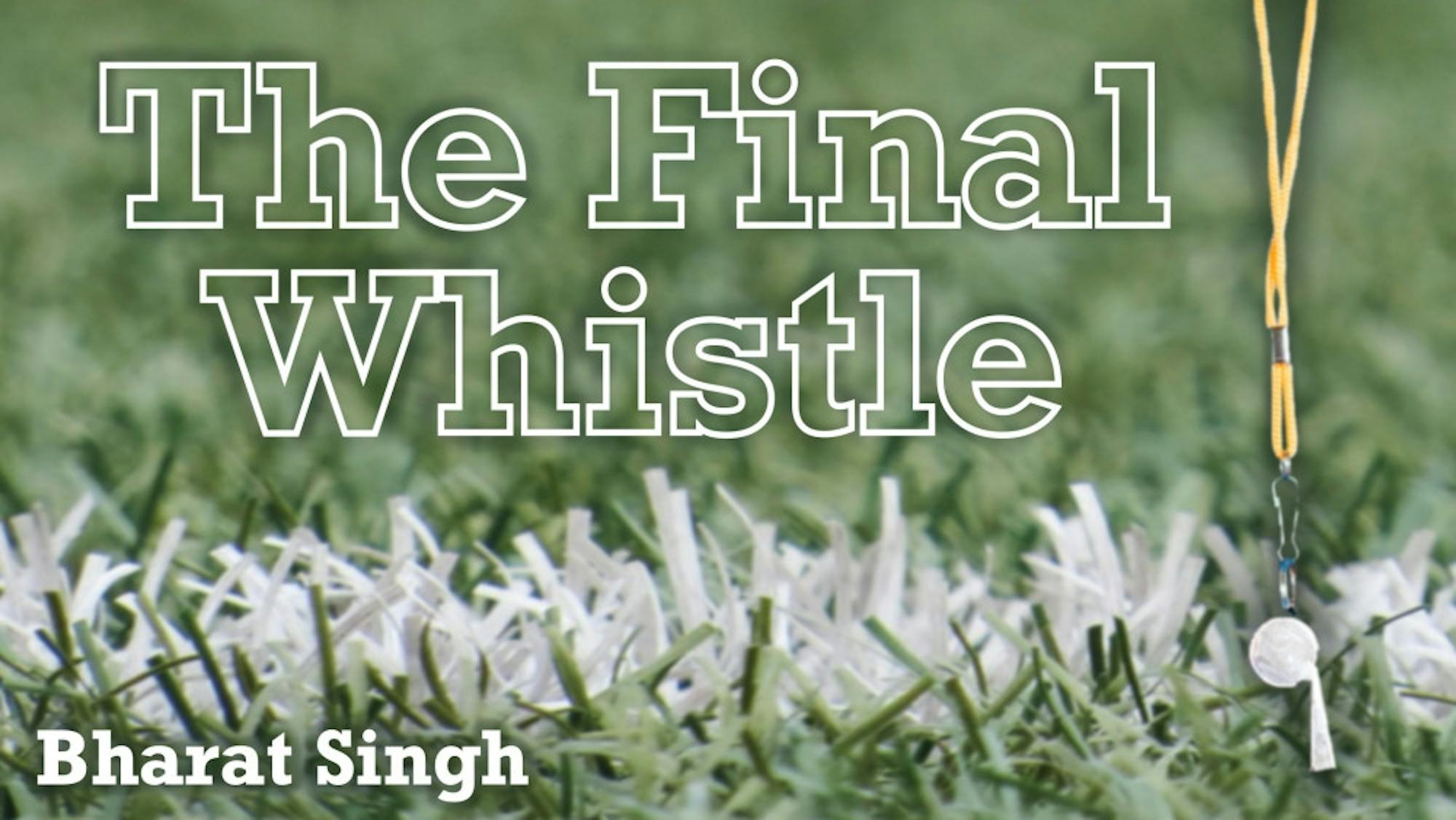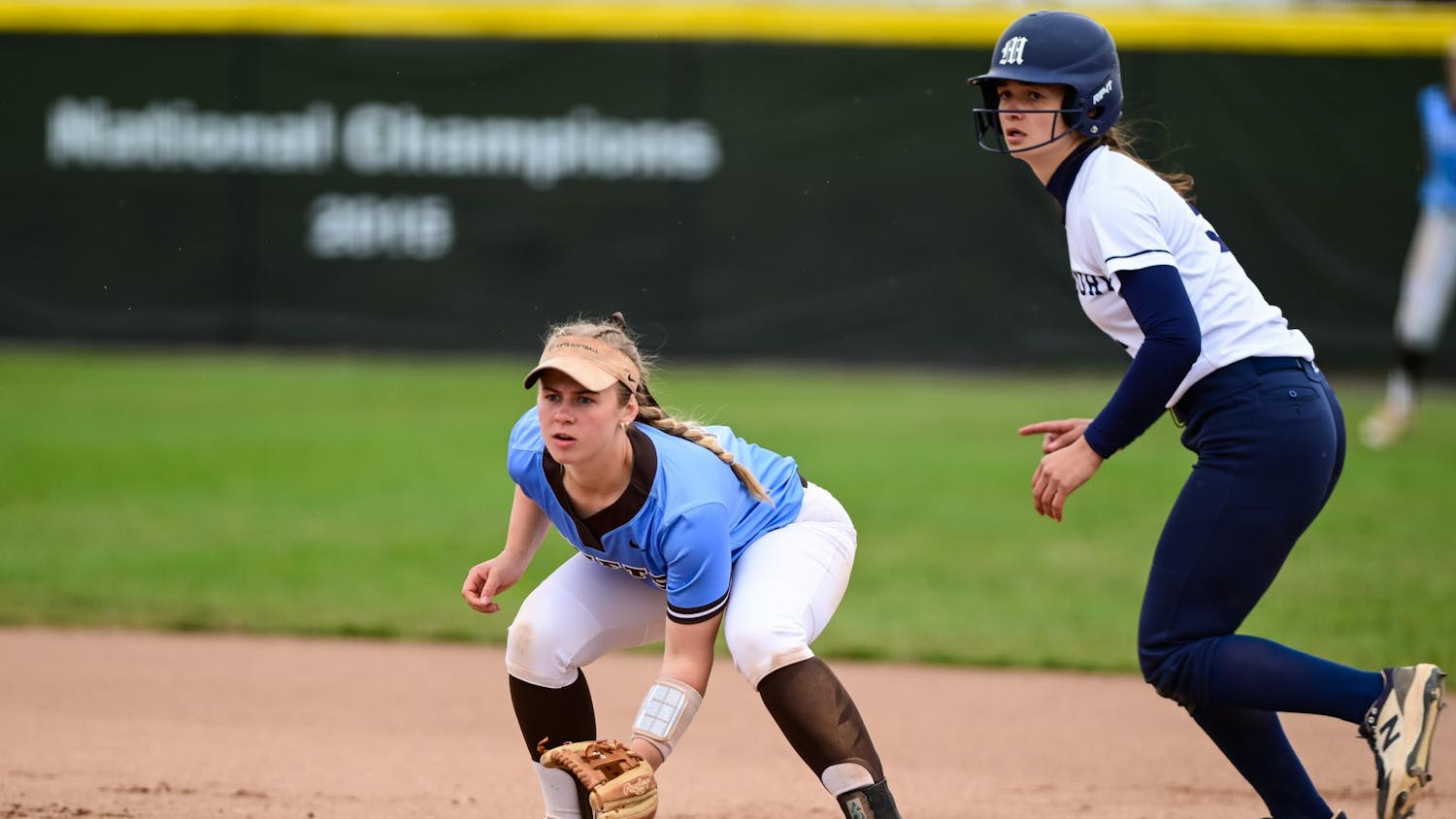On July 13, 2014, the world witnessed two footballing giants go head to head in a final for the ages. Ironically, in Brazil’s iconic Maracanã Stadium, it was Argentina taking on its fierce rival, Germany. The biggest prize in the game, an 18-karat gold trophy standing just 36 centimeters high, stood between the teams’ dugouts at the edge of the touchline. The fairytale ending was almost a reality until Mario Gotze’s extra-time winner broke Argentine hearts. A month-long festival of football on South American soil culminated in German joy. Lionel Messi wore silver as semifinalist Brazil, having been demolished 7 ー 1 a few days earlier, settled for fourth.
In a way, the 2014 World Cup symbolized the contrasting philosophies that govern footballing nations around the globe. Both Brazil and Argentina played an expressive brand of attacking football anchored by their respective talismans, Neymar Jr. and Lionel Messi. The narrative, despite the talented squads on both sides, was built around these two players. Headlines praised Neymar as Brazil’s “Golden Boy” while many believed Messi, the eventual golden ball winner, would finally eclipse countrymen Diego Maradona (a winner in 1986) as arguably the greatest ever player. Fast forward eight years and the world waits at the cusp of another World Cup. This time, however, both South American teams look stronger than ever.
Under coach Adenor “Tite” Leonardo Bacchi, Brazil has found a balanced system that effectively utilizes its deep and experienced squad. In goal stands Liverpool star Alisson who is widely considered to be one of Europe's elite goalkeepers. The 29-year-old specializes in one-on-one situations, has incredible balance, quick reflexes and is a natural shot-stopper. Although not the best with his feet, Alisson’s passing range helps Brazil transition into quick counterattacks with pace out wide. As a replacement, Brazil can call upon Manchester City’s Ederson, an acrobatic sweeper keeper who could walk onto most national teams. Defensively, Brazil relies on the center-back partnership of Marquinhos and captain Thiago Silva, as Real Madrid’s Eder Militao stands in reserve. Farther up the field, defensive midfield duo Casemiro and Fabinho, both Premier League stars, provide a physical and dynamic line of protection to the back four.
In attack, Brazil is gifted with the most talented forwards in the world. Alongside Neymar, who has been in scintillating form for PSG this season, Vinícius Jr., Rodrygo, Lucas Paquetá and Richarlison all provide goal threats and fit versatile attacking systems. Vinicius Jr. in particular has been in the form of his life as he led Real Madrid to Champions League glory. Several other creative attacking players like Coutinho, Gabriel Jesus and Raphinha will give Tite a hard time selecting his final squad for the tournament.
After winning the Copa America in 2021, Argentina has continued dominating opponents and is currently on a 35 game unbeaten run. Unlike 2014, this squad relies more on tactical discipline rather than the solo brilliance of its star man. In the Finalissma against Italy, Argentina’s one-touch passing helped them break through a high-pressing and physical Italian team while the likes of Ángel Di María, Giovani Lo Celso and Lautaro Martínez created space in the attacking half.
Although Messi is still Argentina’s main man, he has more structured support around him. Off the bench, playmaking goalscorer Paulo Dybala can operate as a false nine or drift wide, often interchanging with Messi as the pair combine in attack. Behind him is Atletico Madrid’s Rodrigo De Paul. De Paul is unique in his ability to switch between a defensive and attacking role. At times, he uses his aggression to man-mark opposition attackers and shut down counterattacks. De Paul’s physicality also makes him a vital ball carrier, as he ranks sixth among Europe’s best midfielders in progressive carriers per 90. A key member of the squad, De Paul will hope to make history for Argentina in this tournament.
Many experts have deemed this World Cup to be one of the most competitive editions in history. Strong European teams including Germany, France, Portugal and Spain will be considered favorites. Can these South American sides end European domination and bring home the famous trophy for the first time in 20 years?






